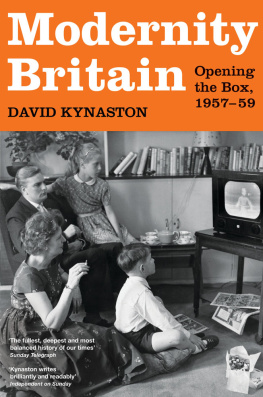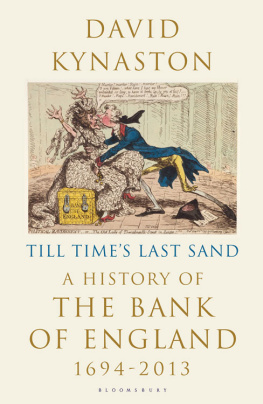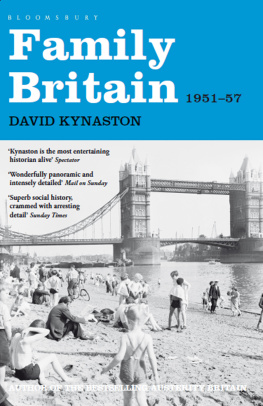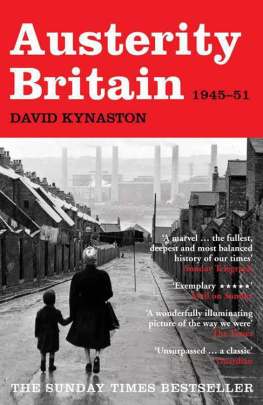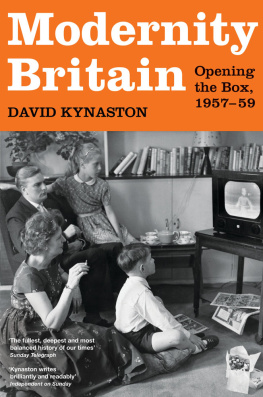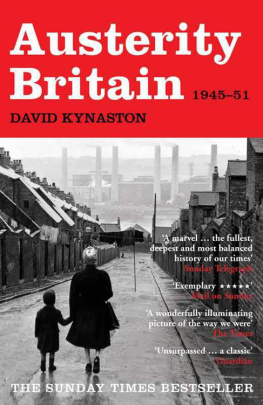David Kynaston - The Lion Wakes: A Modern History of HSBC
Here you can read online David Kynaston - The Lion Wakes: A Modern History of HSBC full text of the book (entire story) in english for free. Download pdf and epub, get meaning, cover and reviews about this ebook. year: 2015, publisher: Profile Books, genre: Science. Description of the work, (preface) as well as reviews are available. Best literature library LitArk.com created for fans of good reading and offers a wide selection of genres:
Romance novel
Science fiction
Adventure
Detective
Science
History
Home and family
Prose
Art
Politics
Computer
Non-fiction
Religion
Business
Children
Humor
Choose a favorite category and find really read worthwhile books. Enjoy immersion in the world of imagination, feel the emotions of the characters or learn something new for yourself, make an fascinating discovery.

- Book:The Lion Wakes: A Modern History of HSBC
- Author:
- Publisher:Profile Books
- Genre:
- Year:2015
- Rating:4 / 5
- Favourites:Add to favourites
- Your mark:
- 80
- 1
- 2
- 3
- 4
- 5
The Lion Wakes: A Modern History of HSBC: summary, description and annotation
We offer to read an annotation, description, summary or preface (depends on what the author of the book "The Lion Wakes: A Modern History of HSBC" wrote himself). If you haven't found the necessary information about the book — write in the comments, we will try to find it.
The Lion Wakes: A Modern History of HSBC — read online for free the complete book (whole text) full work
Below is the text of the book, divided by pages. System saving the place of the last page read, allows you to conveniently read the book "The Lion Wakes: A Modern History of HSBC" online for free, without having to search again every time where you left off. Put a bookmark, and you can go to the page where you finished reading at any time.
Font size:
Interval:
Bookmark:
The Lion Wakes
RICHARD ROBERTS is Professor of Contemporary History at Kings College London. He has held fellowships at Downing College, Cambridge, Princeton University and the Bank of England. A specialist in financial history, his publications include histories of Schroders, consortium bank Orion and the financial crisis of 1914. Contemporary studies include books on the media and financial crises, Wall Street and the City and, co-authored with David Kynaston, City State . He writes reports with City consultants Lombard Street Research that provide long-term perspectives on topical financial issues. He is on advisory boards of the Gulbenkian Foundation, Lisbon, and OMFIF (Official Monetary and Financial Institutions Forum). His award-winning Saving the City: the great financial crisis of 1914 was described by the TLS as an important book, both thought-provoking and entertaining a riveting tale.
DAVID KYNASTON was born in Aldershot in 1951, read Modern History at Oxford University and has been a professional historian since 1973. He is an honorary professor at Kingston University. He has written widely on financial history, and his books include histories of the Financial Times , the financial futures market LIFFE, and the stockbroking firms Cazenove and Phillips & Drew, as well as a four-volume history of the City of London during the nineteenth and twentieth centuries. In addition, he and Richard Roberts co-authored City State and co-edited a tercentenary volume of essays on the Bank of England. More recently, he has been engaged on a multi-volume history of post-war Britain, the first volume of which, Austerity Britain , was described by John Campbell in the Sunday Telegraph as the fullest, deepest and most balanced history of our times.
The Lion Wakes
A modern history of HSBC

Richard Roberts & David Kynaston

First published in Great Britain in 2015 by
Profile Books Ltd
3 Holford Yard
Bevin Way
London WC1X 9HD
www.profilebooks.com
Copyright HSBC Holdings plc 2015
The right of Richard Roberts and David Kynaston to be identified as the authors of this work has been asserted in accordance with the Copyright Designs and Patents Act 1998.
All photographs copyright HSBC Holdings plc 2015, unless otherwise stated in the picture credits on page 726, which for purposes of copyright is an extension of this page.
All rights reserved. Without limiting the rights under copyright reserved above, no part of this publication may be reproduced, stored or introduced into a retrieval system, or transmitted, in any form or by any means (electronic, mechanical, photocopying, recording or otherwise), without the prior written permission of both the copyright owner and the publisher of this book.
A CIP catalogue record for this book is available from the British Library.
eISBN 978 1 84765 897 5
All reasonable efforts have been made to obtain copyright permissions where required. Any omissions and errors of attribution are unintentional and will, if notified in writing to the publisher, be corrected in future printings.
Text illustration of lions head by Robert Fresson
 Contents
Contents 
 Illustrations
Illustrations 
Colour plates
Text illustrations
 Figures
Figures 
 Tables
Tables 
 Preface
Preface 
W E WERE DELIGHTED when in 2006, shortly before the end of his chairmanship, Sir John Bond invited us to write an independent and archivally based modern history of HSBC in order to mark its 150th anniversary in 2015. We knew it would be a fascinating if complex story, and so it has proved. The prologue briefly charts the banks first 115 years, from 1865 to 1980; the postscript briefly covers the main developments between May 2011 and May 2014; but the heart of the book is our treatment of HSBC between 1980, when the bank seriously began a global journey from its Asian heartland, and May 2011, when the new top management team set out a distinctive strategy for the future. HSBC during those thirty-one years became such a large organisation with such an extensive footprint that it might have been an insuperable task if there had not been two of us on the case. We have (not the first time) enjoyed working closely together while also engaged on our own individual projects and responsibilities and we hope that this books readers find enjoyable as well as illuminating the fruits of our joint efforts.
Richard Roberts & David Kynaston
June 2014
 A note on conventions
A note on conventions 
Whats in a name? The now globally familiar acronym HSBC is short for The Hongkong and Shanghai Banking Corporation. Until the 1990s, however, the bank was generally known as Hongkong Bank, especially in Hong Kong itself, where it was headquartered. There is no perfect solution, but sometimes we refer to HSBC, sometimes to Hongkong Bank, depending on appropriateness. The crucial point is that, up to the early 1990s, the two names are used to mean the same thing.
Place names are given in the modern spellings other than in the Prologue, where the names current at the time have been used.
All figures given in $ are in US$ unless otherwise stated.
 PROLOGUE
PROLOGUE 
First and foremost a China bank 18651980

O N 3 MARCH 1865 President Abraham Lincoln signed a bill enabling destitute slaves to make the transition to freedom; in the UK Parliament, Prime Minister Lord Palmerston answered a question about the Suez Canal, which was under construction; in Manchester the prosperous Friedrich Engels told Karl Marx in London he had sent him some claret and in Hong Kong a new bank opened its doors.
Trade between China and the West had been growing since 1842 when, under the terms of the Treaty of Nanking, the Chinese had not only opened five treaty ports to the British, but had also ceded to Britain the island of Hong Kong. A tiny fishing village, with a sheltered deep-water harbour, Hong Kong had then developed rapidly over the next two decades into a thriving staging-post for trade. Nor was that all. The expansion of international trade with China had inevitably led to demand for trade finance and money-changing facilities demand that the traditional Chinese banks, the qianzhuang , had been unable to meet. This in turn had prompted an influx of foreign banks, and by early 1866 there were eleven in Hong Kong and ten in Shanghai.The Hongkong and Shanghai Banking Corporation, whose local incorporation, capitalisation and direction marked it out from other foreign banks and embedded it in Asia from the outset.
Next pageFont size:
Interval:
Bookmark:
Similar books «The Lion Wakes: A Modern History of HSBC»
Look at similar books to The Lion Wakes: A Modern History of HSBC. We have selected literature similar in name and meaning in the hope of providing readers with more options to find new, interesting, not yet read works.
Discussion, reviews of the book The Lion Wakes: A Modern History of HSBC and just readers' own opinions. Leave your comments, write what you think about the work, its meaning or the main characters. Specify what exactly you liked and what you didn't like, and why you think so.

